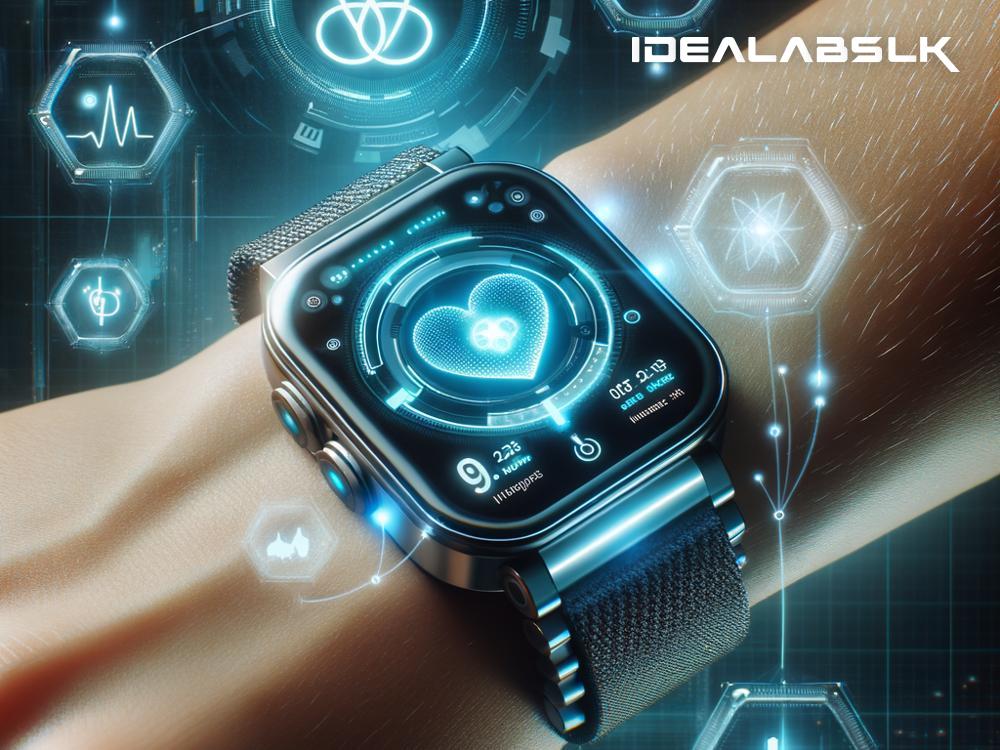How AI is Transforming Wearable Fitness Gadgets in 2025
In 2025, the fitness world has seen an incredible transformation, thanks to the advancement of Artificial Intelligence (AI) in wearable fitness gadgets. Gone are the days when fitness bands and smartwatches merely counted steps or tracked sleep. Now, they're smart enough to give you a personalized fitness coach experience, understand your body in ways we never thought possible, and even predict health issues before they arise. Let's dive into how AI is reshaping wearable fitness technology and making staying healthy more accessible and fun.
Personalized Fitness Plans
One of the most exciting advancements is the way AI-powered devices offer personalized fitness guidance. Remember when you had to hire a personal trainer to get a workout plan tailored to your needs? Now, your wrist gadget can do that. By analyzing data like your heart rate, activity levels, sleep quality, and even your food intake, AI algorithms can create custom workout plans that fit your specific goals, whether it's losing weight, building muscle, or improving stamina.
These gadgets are smart enough to adjust your program based on your progress. So, if you're advancing faster than expected, your AI companion will level up your routine. Conversely, if you're struggling, it'll tweak your plan to help you keep pace without getting discouraged. It's like having a personal trainer who's always with you, understands your body perfectly, and adjusts to your needs in real time.
Emotion Recognition For Enhanced Motivation
Another groundbreaking feature is the emotional recognition capability. Through sensors that read biometric data, AI can now understand when you're stressed, overfatigued, or not in the mood for a workout. With this information, your wearable can suggest activities to uplift your mood, like a gentle yoga session or a brisk walk, or even remind you to take a day off for recovery. It's not just about physical health anymore; it's about your mental well-being too.
This empathetic approach encourages a healthier relationship with fitness and well-being. Instead of pushing yourself too hard, your gadget nudges you towards listening to your body and respecting its limits, promoting long-term health and motivation.
Predictive Health Monitoring
Perhaps the most impactful feature of AI in fitness gadgets is predictive health monitoring. By continuously tracking data points and combining them with medical knowledge, AI algorithms can detect early signs of potential health issues long before you feel any symptoms. For instance, an irregular heart rhythm might suggest a risk of developing a cardiovascular condition, while changes in your sleep pattern could indicate stress or other health concerns.
This capability has enormous implications for preventive healthcare. By alerting you to these risks early, you can consult a healthcare provider promptly, leading to better outcomes. It also places a greater emphasis on preventing diseases, drastically reducing the burden on healthcare systems and, more importantly, saving lives.
Real-time Coaching and Support
The real-time feedback feature has revolutionized how we interact with fitness technology. With AI, your wearable doesn't just passively record your activities; it actively coaches you through them. During a run, for example, it can tell you to speed up or slow down based on your heart rate and fitness goal. During a workout, it can ensure you're maintaining the correct form and staying hydrated.
Moreover, these devices now come equipped with voice assistants powered by AI. So, you can ask your gadget about nutrition, get quick health tips, or even be guided through a mindfulness meditation session, all without breaking your stride or needing to look at a screen. It's interactive, engaging, and incredibly supportive.
Looking Ahead
As we look towards the future, it's clear that AI is not just transforming wearable fitness gadgets; it's revolutionizing how we approach health and fitness. These devices are no longer just trackers; they're wellness companions, guiding us towards healthier, happier lives with a level of customization and insight that was unimaginable just a few years ago.
The implications of these advancements are profound. They democratize access to personal health data and fitness coaching, making it affordable and accessible to everyone. They emphasize preventive care, potentially saving millions from chronic diseases. And, perhaps most importantly, they make the journey towards health and fitness a deeply personal, mindful, and enjoyable journey.
In 2025, AI in wearable fitness devices is not just a trend; it's a testament to how technology, when used thoughtfully, can profoundly improve our lives. As we continue to innovate and integrate these technologies into our daily routines, we're not just enhancing our fitness; we're embarking on a path to holistic well-being, powered by the most personal trainer of all — Artificial Intelligence.

